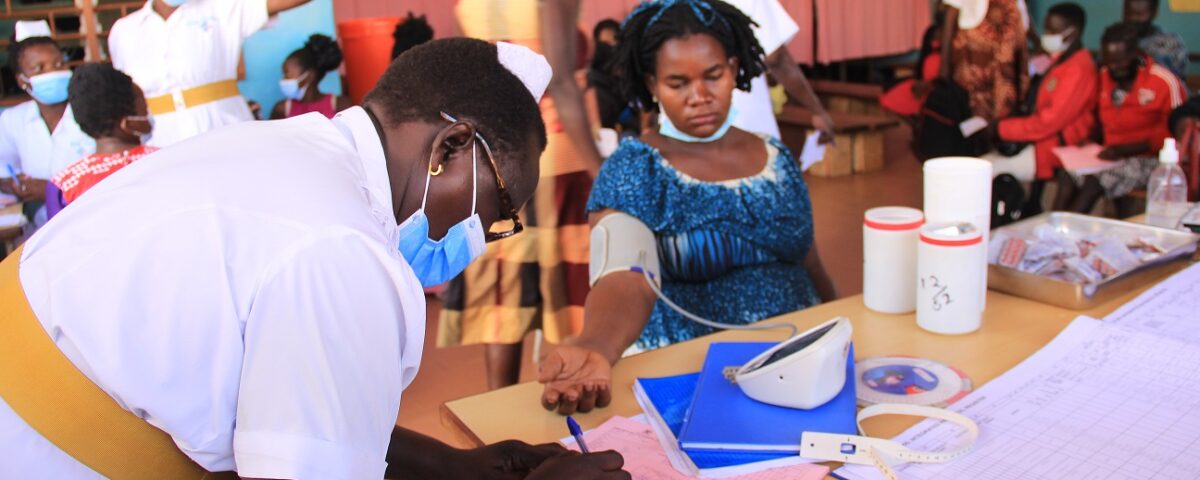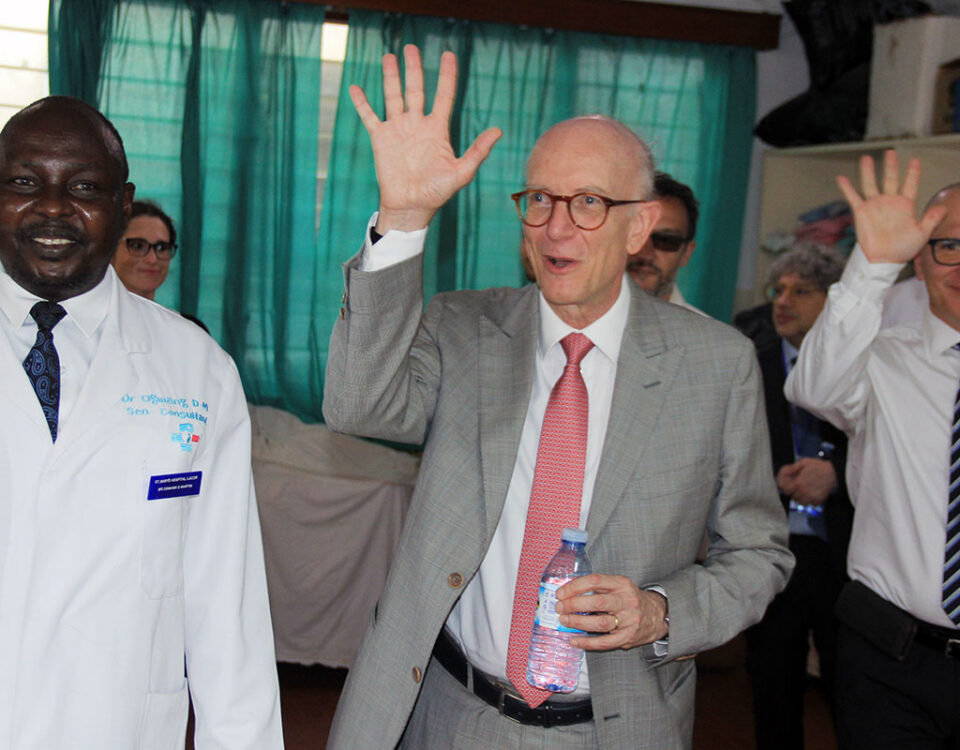Hepatitis B: I Can’t Wait!
‘I can’t wait is the new campaign theme to launch World Hepatitis Day 2022.
It is estimated that 296 million people have been living with chronic hepatitis B infection since 2019, with 1.5 million new infections each year causing an estimated 820,000 deaths, mostly from cirrhosis and hepatocellular carcinoma (primary liver cancer). In Africa, 81 million people are chronically infected.
According to Gavi, the Vaccine Alliance, more than “2 billion people worldwide are estimated to have had hepatitis B virus (HBV) infection and 350 million chronic carriers of the virus are at high risk of cirrhosis of the liver and primary liver cancer.” HBV accounts for an estimated 500,000–700,000 annual deaths worldwide.
For Uganda, Hepatitis B virus infection is highly endemic, with more than 1.4 million adults estimated to be chronically infected. In 2015, Uganda embarked on a massive, free hepatitis B screening, along with widespread community mobilisation and awareness-raising campaigns that saw more than four million screened.
It is estimated that more than 30% of the population who are infected with hepatitis B now know their status and can access comprehensive treatment services, including free medication and vaccination. That was a first in Africa and surpasses the 2020 target of 20% set by the World Health Organisation, WHO.
With the end of the campaigns and the integration of the vaccine into the routine immunization schedules, the disease burden has gone up for northern Uganda and other rural communities. In Gulu alone, the prevalence rate stands at 10% of the population. Data collected from 60 different health facilities in the District between June 2021 and July 2022 shows that at least 846 patients were diagnosed with the disease and 29 deaths occurred.
Free screening and immunization are hard to come by and for those who test positive, one has to part with more than 200,000shs to complete all the recommended tests to determine whether they can enrol for treatment or not. These tests include HBsAg, a surface antigen screening test for Hepatitis B, e-antigen, liver functioning, ultrasound, and Hepatitis B viral load, among others. These services are free at government facilities but the inadequacies drive people to private settings.
Treatment for hepatitis is supposed to be free in government facilities but most of the time they are not available, reportedly expired, or are out of stock. This has kept many from accessing treatment, leading to a rapid spread of HBV from those infected to their family members and those they come in contact with. People have reported going to health facilities and finding no vaccines while others fear because of stigma as hepatitis B is sometimes associated with HIV in the community.
Since 2005, northern Uganda has always had a disproportionately high prevalence of the disease. According to Dr Emmanuel Ochola, an Epidemiologist and head of the Antiretroviral Therapy (ART) Clinic at Lacor Hospital, childhood vaccination in northern Uganda started in 2003, targeting infants but the region still remains a risk factor. There is poor uptake of Hepatitis B vaccination among adults as well.
In a study that Dr Ochola and colleagues hope to publish soon, only 26.7% of the adult population has completed the required three doses, and about 20% have received one or two doses. “When vaccines are available, people give; when vaccines are not available, people have to buy and that is a challenge,” he says. “For us, the significant variable in our study was actually lack of health information.” The community and many health workers lack appropriate information on hepatitis B.
“There’s hope and I think the country is now pushing for the birth dose for infants born to hepatitis b positive mothers. And we are hoping that will be possible,” says Dr Ochola. But before that, there are many things that need to be sorted out, one of them being diagnostics, and the big area of treatment and follow-up.
The current population of northern Uganda stands at 8.5 million people but the Uganda Bureau of Statistics (UBOS) is projecting it to rise to more than 10 million by 2030. With the poverty rate standing at 68% for the Acholi sub-region, there could be more spread of hepatitis B in the region if the current interventions are not strengthened.
At Lacor, the hospital has set up a hepatitis clinic which runs every day but there are plans to put specific days to give more attention to the disease and increase public awareness campaigns so that many can come in and get screened. Hepatitis is among the leading causes of cancer in men.
This year’s “I can’t wait” theme chosen to launch World Hepatitis Day “highlights the need to accelerate the fight against viral hepatitis and the importance of testing and treatment for the real people who need it” according to WHO with a focus of bringing hepatitis care closer to the primary health facilities and communities.
So don’t wait! Get tested because knowing your Hepatitis B status is the starting point of your chances of protecting yourself or getting care and treatment.


